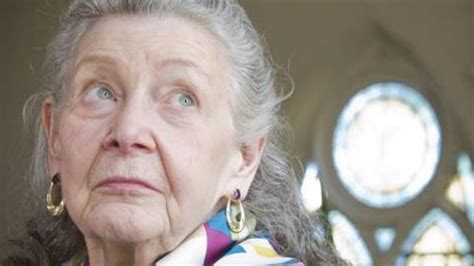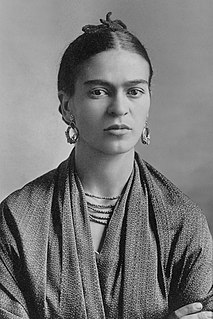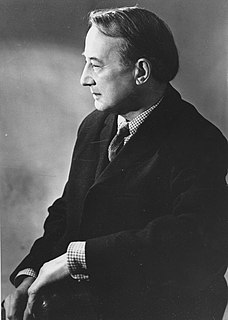A Quote by Huston Smith
As human beings we are made to surpass ourselves and are truly ourselves only when transcending ourselves.
Quote Topics
Related Quotes
We human beings cause monstrous conditions, but precisely because we cause them we soon learn to adapt ourselves to them. Only if we become such that we can no longer adapt ourselves, only if, deep inside, we rebel against every kind of evil, will we be able to put a stop to it. ... while everything within us does not yet scream out in protest, so long will we find ways of adapting ourselves, and the horrors will continue.
We need to remember to teach our children that solitude can be a much-to-be-desired condition. Not only is it acceptable to be alone; at times it is positively to be wished for.....In the silence we listen to ourselves. Then we ask questions of ourselves. We describe ourselves to ourselves, and in the quietude we may even hear the voice of God.
This, I believe, is the appropriate image of human intercourse -- appropriate because it recognizes the qualities, the diversities, and the proper relationships of human utterances. As civilized human beings, we are the inheritors, neither of an inquiry about ourselves and the world, nor of an accumulating body of information, but of a conversation, begun in the primeval forests and extended and made more articulate in the course of centuries. It is a conversation which goes on both in public and within each of ourselves.
We compromise ourselves the day we are born. If we are looking for the original sin, there it is- our incapacity to live honestly with ourselves because we are human, because we are shackled by custom, by obligations and we accept compromise only in the light of our conscience, answerable as we are only to ourselves.
How do we define, how do we describe, how do we explain and/or understand ourselves? What sort of creatures do we take ourselves to be? What are we? Who are we? Why are we? How do we come to be what or who we are or take ourselves to be? How do we give an account of ourselves? How do we account for ourselves, our actions, interactions, transactions (praxis), our biologic processes? Our specific human existence?
We think that by protecting ourselves from suffering, we are being kind to ourselves. The truth is we only become more fearful, more hardened and more alienated. We experience ourselves as being separate from the whole. This separateness becomes like a prison for us - a prison that restricts us to our personal hopes and fears, and to caring only for the people nearest to us. Curiously enough, if we primarily try to shield ourselves from discomfort, we suffer. Yet, when we don't close off, when we let our hearts break, we discover our kinship with all beings.





































